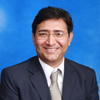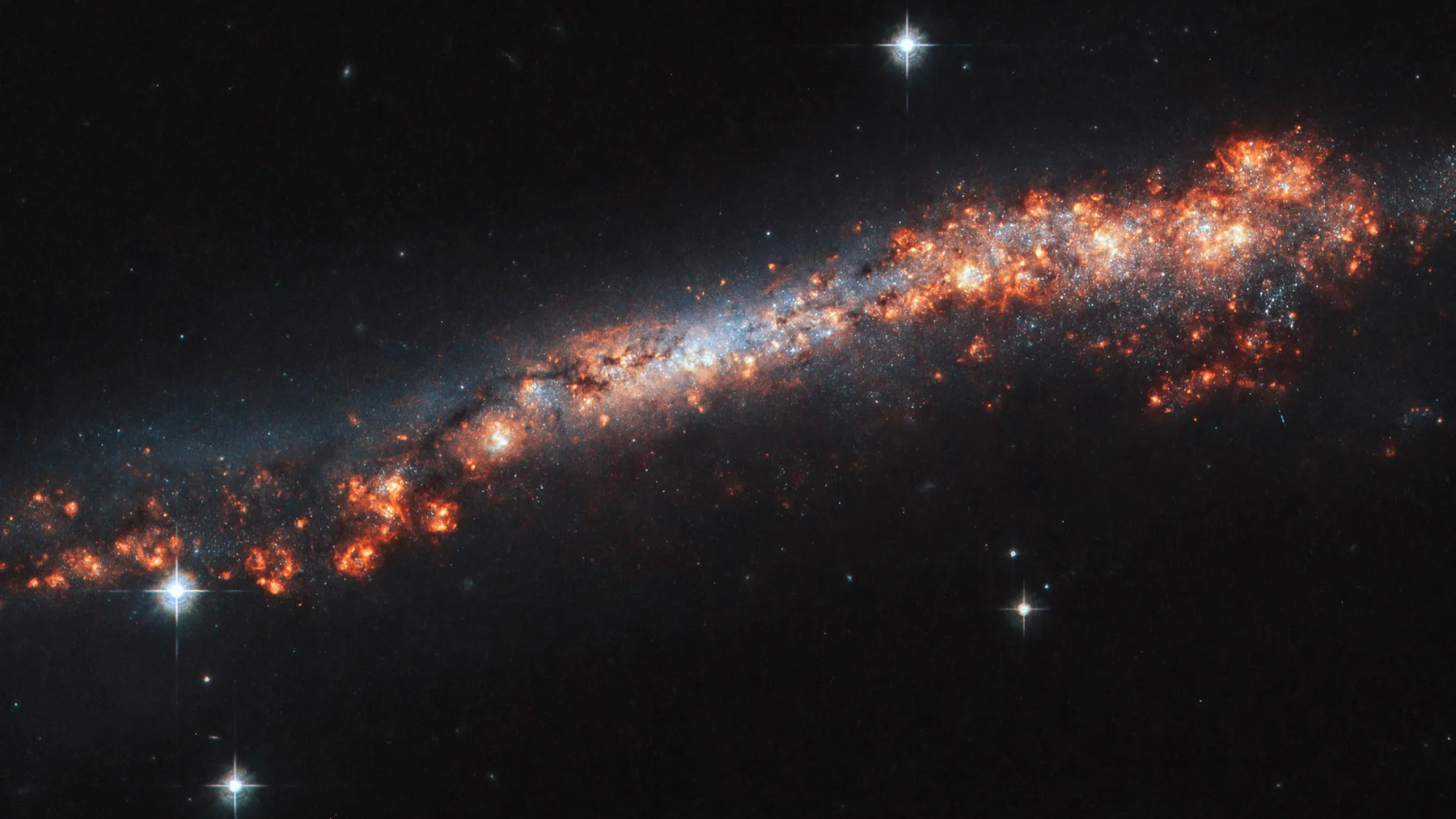Get to Know Dr. Hirendra N Banerjee, Professor, Elizabeth City State University, Researcher of Osteoporosis in Micro-Gravity

The latest in our news series Get To Know features Dr. Hirendra N Banerjee, Professor, at Elizabeth City State University (ECSU).
Q: How did you find out about the opportunity for funding with NC Space Grant?
ANS: I was informed about the NC Space Grant by my mentor and collaborator, NASA Astronaut scientist Dr.Lawrence Delucas of University of Alabama-Birmingham in the year 2001, the then director of the program at NC State University invited us to visit the center and advised and guided us to apply for the grant.
Q: What department do you work in and what is the central focus of your research and/or academic coursework at ECSU?
ANS: I am a tenured professor at the department of Natural, Pharmacy and Health sciences. My research focus is cancer biology.
Q: What is the technical focus of your NC Space Grant-funded research, i.e., how would you summarize your work?
ANS: Osteoporosis or bone loss is one of the many physiological changes that happens to Astronauts while traveling in space and staying under prolonged micro gravity conditions. My NC-Space grant-funded research deals with studying these harmful physiological changes in human cells exposed to micro gravity conditions using a NASA approved special micro gravity inducing chamber.
Q: How is your work related to what is going on at NASA, e.g., a specific mission?
ANS: My work is directly related to NASA’s mission of sending astronauts to Mars, prolonged space travel will cause multiple physiological changes and we are studying those effects of continuous micro gravity exposure on living human cells.
Q: Describe any student involvement.
ANS: Since the beginning of the grant,we have trained many under graduate and graduate students under this program.
Q: Describe any involvement of other partners or stakeholders at ECSU or external to ECSU.
ANS: We have collaborated with Dr .L. Delucas mentioned earlier at University of Alabama for a NASA funded biophysical science center for more than 12 years with funding obtained from NSF, NASA and Department of Energy on data generated from our osteoporosis research.
Q: What was something that was challenging and/or exciting about your research? Or describe something that surprised you about the research, the students, etc.
ANS: We have obtained many interesting data showing transcriptional changes,splice variation,differential cytokine and protein expression etc from cells exposed to micro gravity,we have presented those findings at NASA meetings and published the findings at NASA proceedings.
Q: How does this research impact the academic pathway or career potential of your students?
ANS: Over the years many students participated in this research at my lab, all of them successfully graduated, many are now career professionals like Pharmacists, Doctors, Academicians or working in the industry. We have several recent graduates that are pursuing MS or Doctoral programs at different Universities.
Q: What are your next steps in your research?
ANS: I have recently made contacts with scientists from industry who are interested in my osteoporosis research using the micro gravity chamber and plan to submit STTR as academic-industry research to NASA, I am very excited about this approach and looking forward to start the work this summer. I have also been approached by NASA minority program Officer from Langley for starting new programs related to NASAs mission while involving minority students.
Q: Anything else you want to add?
ANS: I would like to thank the NC Space Grant-supported scientists and staff for their continued support and look forward to space related research for many years to come!
- Categories:


